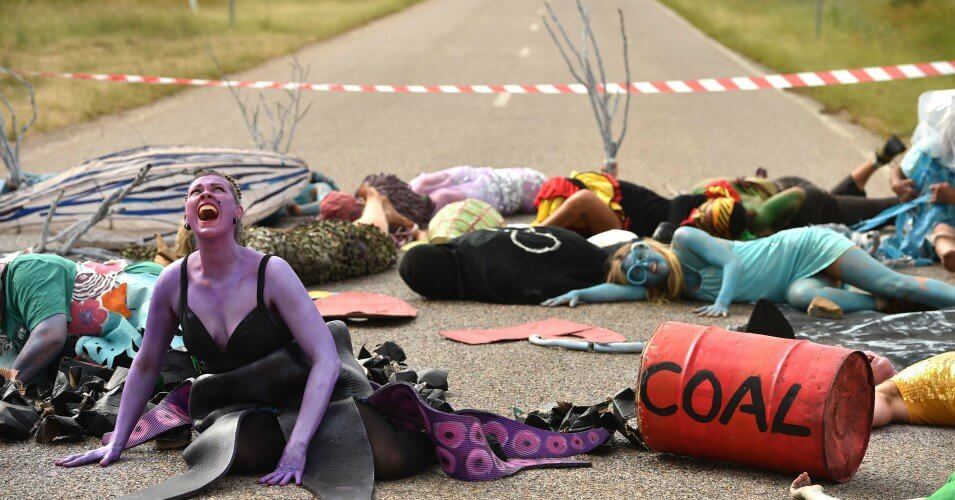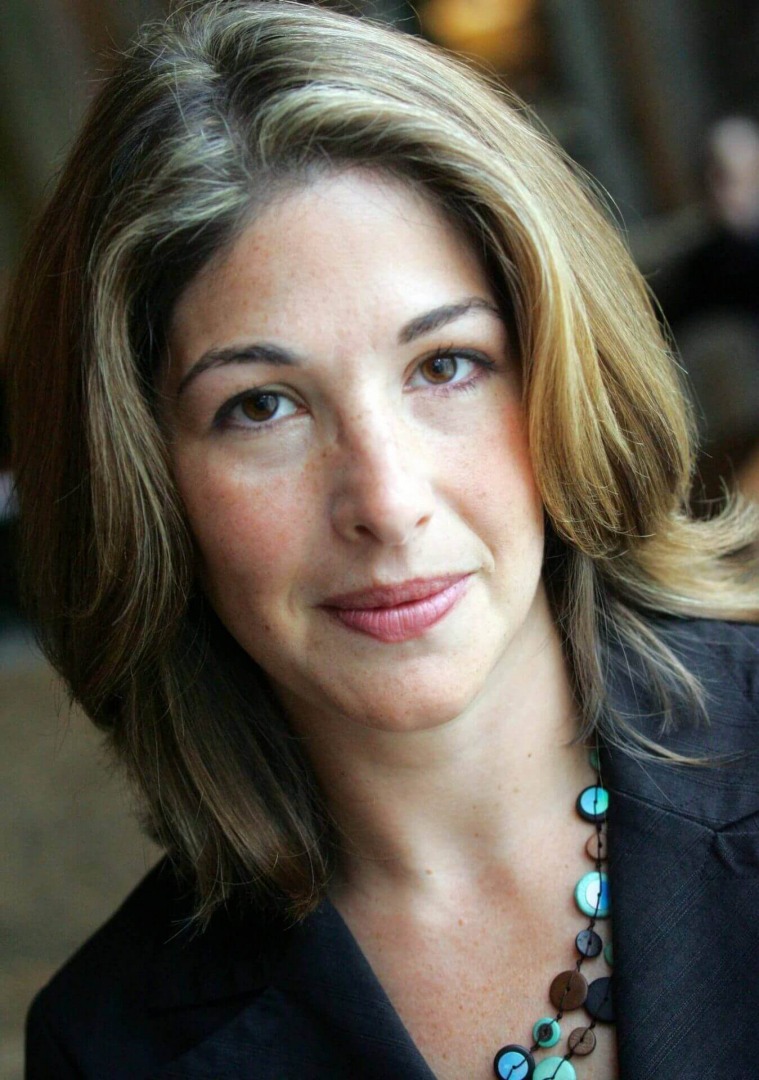
On the aftermath of Australian fires where billions of animals die, there is no way to hide the fact that we are dealing with a huge planetary crisis. The name of it is climate change. As is evident by the destruction caused by the fires, climate change in Australia has taken a terrible toll on the country. One of the main causes: the current neoliberal economic system… in which we all live. Some, have spoken and anticipated the situation for a long time… such as Naomi Klein, who has been alerting us for the problems of the current situation for the past 2 decades.
“On Fire: The Case for the Green New Deal” is Naomi Klein’s New Book, which assembles a collection of essays written over the course of almost a decade. The book promotional text couldn’t be more direct: “The climate crisis has moved from a future threat to a burning emergency. ” The book’s introduction tells the story of Swedish teenager Greta Thunberg. She is the famous teenager that in May 2019, was featured on the cover of Time magazine, which named her a “next generation leader”. Greta’s straight forward messages about climate change, and the status quo responsibility on the situation, have rocketed her to global fame.
Klein’ book has the merit of exploring how climate change has a direct relation to capitalism.Which is not always the case with other writers, addressing this problem. Her first major essay was precisely published in 2011’s, and it is part of the book. It was entitled “Capitalism vs. the Climate,” and it gave evidence how the Right was so deeply invested in denying climate change: conservatives are aware how climate change poses a severe challenge to the principles of the current system. As scholars like Thomas Piketty have highlighted, we live now in a economic system that feeds the wealth of the wealthiest. So recognising the profoundly damages and externalities produced by capitalism, would be, for conservatives, a shot in their own feet. It would undermine the principles that sustain their wealth… and their vision and core values of what they see as being the best for the economics of the world.
As Klein argues, what is needed now is action on climate change that will require “public investment, wealth redistribution, strict regulation, and a host of other things that conservatives oppose.”

The voices making an apology for these kind of changes, come from the left, and that is a clear fact, even if we would like this to be different, as alliances and collaboration from all sectors of ideas is what works the best, in the long run. But the examples are crystal clear. Ocasio-Cortez is one, another, Bernie Sanders, whose climate plan recently won him an A rating from Sunrise movement. This is a movement of young people aiming to stop climate change and create millions of good jobs in the process.
So Klein was quite a visionary, when writing about and anticipating what is happening now in a very clear way. She has been doing it for over 2 decades, and her rigorous and in-depth research, plus her amazing storytelling skills, captivate the reader and guide them through the history of global capitalism and the movements of the international left.
In one essay, Klein uses famous post colonial theorist Edward Said’s concept of “othering”. Othering is a process through which one views or treats a person or group of people as intrinsically different from and alien to oneself. Through the process of othering, Klein explains how and why particular groups of people and communities, usually the weakest and most vulnerable, come to bear the most significant environmental burdens. She writes how “Faustian pact” of industrialism was that “the heaviest risks would be outsourced, offloaded, onto the other.”
Another essay you can read in her book, describes her involvement with the authors of Canadian’s Leap Manifesto. The Leap Manifesto resulted from a collection of labour, environmental, and indigenous groups that authored in 2016. This was a short but powerful statement outlining a new direction for the Canadian left, outlining solutions, such as a new vision of energy democracy, low-carbon care work, and decarbonisation for the public good.
But as Klein describes in “The Leap Years,” a 2016 lecture, published in the book, the leap manifesto was doomed to failure: politicians rejected it as totally idealistic, in its call for an end to fossil-fuel infrastructure, pointing out how it was an “existential threat” and a “philosophy of economic nihilism.” But the manifesto has been written not so long ago. As we enter this new decade, that saw an escalation of climate disasters over the past 2 to 3 years, the manifesto can be seen as visionary and promonitory, as an experiment from which we can and should learn lessons. And just like the internet speeded up everything, manifestos and revolutions, also come and go at heightened speed.
This, in fact, is the great take way from this book, to all of us. To tackle climate change we all have to engage in changing our values not in the abstract, but by changing the material realities that shape them… quickly! This means a total reshaping of our world: As Only when green jobs are an option can people give up environmentally destructive work; only when public transportation is quick, reliable, and affordable can you dispense with a car; only when you can afford to retrofit your home will you do so.
And only when you find inner satisfaction, not by shopping more stuff, but by engaging in more activities that foster connection, creativity and experimentation, will we all be able to leap into something new… and better to all.
Read more: 6 ways we can protect natural land formations from damage

Maria Fonseca is the Editor and Infographic Artist for IntelligentHQ. She is also a thought leader writing about social innovation, sharing economy, social business, and the commons. Aside her work for IntelligentHQ, Maria Fonseca is a visual artist and filmmaker that has exhibited widely in international events such as Manifesta 5, Sao Paulo Biennial, Photo Espana, Moderna Museet in Stockholm, Joshibi University and many others. She concluded her PhD on essayistic filmmaking , taken at University of Westminster in London and is preparing her post doc that will explore the links between creativity and the sharing economy.





























